Which Custom Clearance Documents Are Necessary For Imports?
When it comes to clearing packages you imported into the country, here are the major documents you would need:
- Commercial Invoice
- Bill of Entry
- Bill of Lading or Air waybill
- Packing List
- Certificate of Origin
- Import Licence
- Insurance certificate
- Inspection Certificate
- SONCAP Certificate (if applicable)
- Laboratory/ Phytosanitary Test Certificate (if applicable)
- Form M (if applicable)
- Pre-Arrival Assessment Report (PAAR) (if applicable)
- DPR Product Certificate (if applicable).
We dive into the details of each of these documents later in this article.
Which Custom Clearance Documents Are Necessary For Exports?
To export goods from your country and complete an export declaration process, you need the following document before the package can cross the border.
- Commercial Invoice
- Shipping Bill
- Bill of Lading or Air waybill
- Packing List
- Certificate of Origin
- Export Licence
- Inspection Certificate
- SONCAP Certificate (if applicable)
- Laboratory/ Phytosanitary Test Certificate (if applicable)
- Insurance certificate (if applicable)
We dive into the details of each of these documents later in this article.
Employ the assistance of our customs brokers and agents when preparing these documents to avoid all forms of delay. Contact us today and we will get your package delivered to you.
Essential Custom Clearance Documents Explained.
While slight variations exist in the number of documents required in the customs clearance process, here are the major documents requested in many countries globally.
1. Commercial Invoice:
The commercial invoice serves as a detailed record of the transaction between the buyer and seller including critical information about the goods being sold, their value, and the terms of the sale. It is issued by the seller (exporter) to the buyer (importer).
In customs clearance, commercial invoices are essential for both import and export operations as they help the customs authorities assess the value of the goods and determine the appropriate duties and taxes.
2. Packing List:
The customs authorities need a way to view and verify all the goods you are importing and their details at a glance. This is achieved with the packing list.
It is a document prepared by the exporter that itemises the contents of each package or container being shipped. It contains information like the product description, weight, volume, tracking number, origin, destination and many more.
All these facilitate efficient customs inspection, and accurate assessment of duties, ensuring that the goods are cleared smoothly and in compliance with regulations.
3. Bill of Lading (BOL) Or Air Waybill (AWB):
Depending on the shipping means you use for your goods, you need a BOL or AWB during the clearance process.
A bill of lading is issued by a carrier to the shipper (exporter) acknowledging receipt of goods for shipment via sea while an air waybill is issued by the airline or air freight carrier.
These documents prove that your goods were loaded into the shipping vehicle and are used to take possession of the goods upon arrival at the destination port.
The customs authorities also use these documents to verify the details of the shipment. They provide crucial information about the cargo, its origin, and its destination.
4. Shipping Bill:
A shipping bill is a document that serves as a declaration by the exporter to customs authorities. It provides essential details about the shipment, like nature, quantity, and value, facilitating the clearance of goods for export.
You inform the customs authorities about your intention to export packages using a shipping bill. Obtain the shipping bill form online from your country's official website and then submit it to the authorities.
If you need help finding the shipping bill form,
reach out to us with a description of your package and your country and we will help you with that.
5. Bill of Entry:
While the Shipping Bill is for export clearance, the Bill of Entry is required for customs clearance when importing goods into a country. You file the Bill of Entry to declare to the customs authorities that you are importing goods into the country.
This document serves as a detailed account of the goods being imported - their nature, quantity, and value - and is used by customs to process and clear the shipment.
You can work with one of our expert customs brokers in preparing and submitting the Bill of Entry to the customs authorities, usually online, through the customs online platform in the country of your goods destination.
Specific Document for Nigeria Custom Clearance
1. Form M:
Form M is a document required by the Nigerian government to facilitate the importation of goods. It is one of the documents the Nigerian government uses to ensure that all imports into Nigeria comply with the country’s trade policies and regulations.
You can get Form M online, fill it with detailed information about the goods being imported, and the parties involved, and submit it to any of the Authorized Dealer Banks (ADB) in Nigeria, which forwards it to the CBN for approval.
Without an approved Form M, goods cannot be cleared by Nigerian customs.
2. Pre-Arrival Assessment Report (PAAR):
To streamline the import clearance process in Nigeria, the customs authorities introduced the PAAR. PAAR is an electronic document issued by the Nigeria Customs Service (NCS) after the pre-assessment of import documentation.
You submit the required documents, including Form M, Commercial Invoice, Packing List, and Bill of Lading, to the authorities, and they review the document to issue the PAAR before the arrival of your goods.
Upon the arrival of the goods in Nigeria, you present the PAAR, along with other documents, to customs for final border clearance.
Certifications and Licence For Custom Clearance
Aside from the documents you need to prepare for customs clearance, you also need to acquire some certificates or licences and submit them to the customs officers during the clearance process.
Some of these certifications include:
1. Certificate of Origin:
A lot varies in the clearance process depending on the country involved in the export and import process.
The origin of the goods can affect the applicable duties, tariffs, and trade agreements that may apply to the shipment; hence, the customs officers use the certificate of origin to verify where the goods were manufactured, produced, or processed.
2. Export Licence:
The export licence is a fundamental document issued by a government authority, allowing a company or individual to ship specific goods to a designated foreign market.
Without an export licence, you can not export goods to other countries unless you work with our customs brokers who use his/her licence to carry out the export process.
3. Import Licence:
An import licence is an official permit granted by a government authority that allows a business or individual to bring specific goods into the country.
It is a mandatory document for customs clearance. It must be presented to customs authorities to legally import the goods, and without it, the shipment may be delayed, fined, or seized.
Don’t have an Import Licence, you can work with our customs brokers and we use our licence to clear your goods for you.
4. Insurance certificate:
For high-valued products and sensitive goods, many customs authorities require that the package be insured to compliance and ensure that the goods have adequate coverage and that any potential claims can be processed efficiently.
In this case, the insurance certificate is a document that would be requested before the goods are cleared.
You can give us details about your goods and we will let you know if an insurance certificate is necessary for clearance.
5. Inspection Certificate:
An Inspection Certificate is an official document that certifies that the goods being shipped have undergone a thorough inspection. This is mostly used for goods subjected to strict quality or safety regulations, such as food products, pharmaceuticals, or hazardous materials.
The inspection typically covers aspects such as quality, quantity, packaging, and compliance with the importing country’s regulations.
The certificate assures both the importer and customs authorities that the goods meet the agreed-upon standards and are fit for import.
You can get this certificate from a recognised private inspection agency or government authorities. We can help you find one in your country.
Certificates like this can help you reduce how long your goods spend at the border because they assure the customs officers that the goods have already been inspected.
6. Health Certificate:
For products that pose potential health risks if not properly inspected, such as meat, dairy, seafood, live animals, and pharmaceuticals, a health certificate is mandatory for customs clearance.
This certificate is issued by a recognized health inspection authority, such as a government agency or an accredited health organisation after they have inspected the goods.
It is best to acquire these certificates before your goods are shipped as It can help expedite the customs clearance process by providing proof that the goods have been inspected and meet the required health standards.
7. Laboratory/ Phytosanitary Test Certificate:
A Laboratory/Phytosanitary Test Certificate is an essential document required for the import and export clearance of agricultural products, plants, seeds, fruits, vegetables, and plant-based goods.
This certificate verifies that the products have been tested and inspected, ensuring they are free from harmful pests, diseases, or contaminants that could pose a risk to the agricultural industry or environment of the importing country.
It is a crucial safeguard that helps prevent the spread of plant diseases and pests across international borders.
You can use our help to find an accredited laboratory that can issue this certificate to you.
Specific Certificates for Nigeria Custom Clearance
1. DPR Product Certificate:
This is a certificate issued by the Department of Petroleum Resources (DPR) to prove that petroleum-related products have been inspected, tested, and meet the regulatory standards set by the DPR for safety, quality, and compliance.
The certificate is crucial for the importation and exportation of petroleum products, chemicals, and equipment used in the oil and gas industry in Nigeria.
2. SONCAP Certificate:
Standards Organisation of Nigeria Conformity Assessment Programme (SONCAP) is a scheme designed to ensure that all regulated products comply with the applicable Nigerian standards.
The certificate is issued after products have undergone rigorous testing and inspection by accredited bodies. It confirms that the goods meet the required safety, quality, and performance standards set by SON.
All these documents and certificates are used by the customs authorities to keep the customers and the nation's market safe.
Customs Clearance with SARA
Getting the right customs documents and ensuring that the information on them is accurate is very crucial in import and export clearance.
You need to ensure that the documents discussed in this article are prepared and submitted on time for verification and inspection by the authorities.
Use the assistance of our expert customs agent to avoid potential bottlenecks and delays which can be costly.
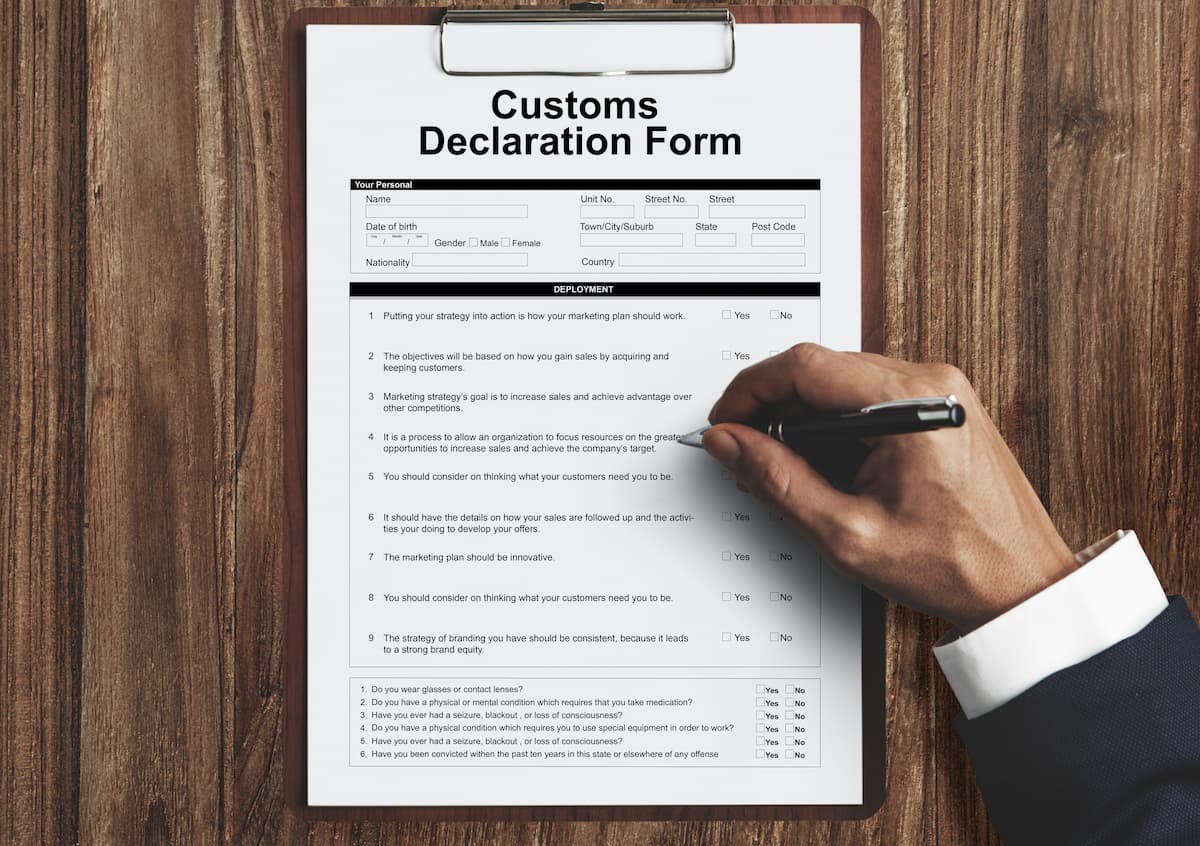

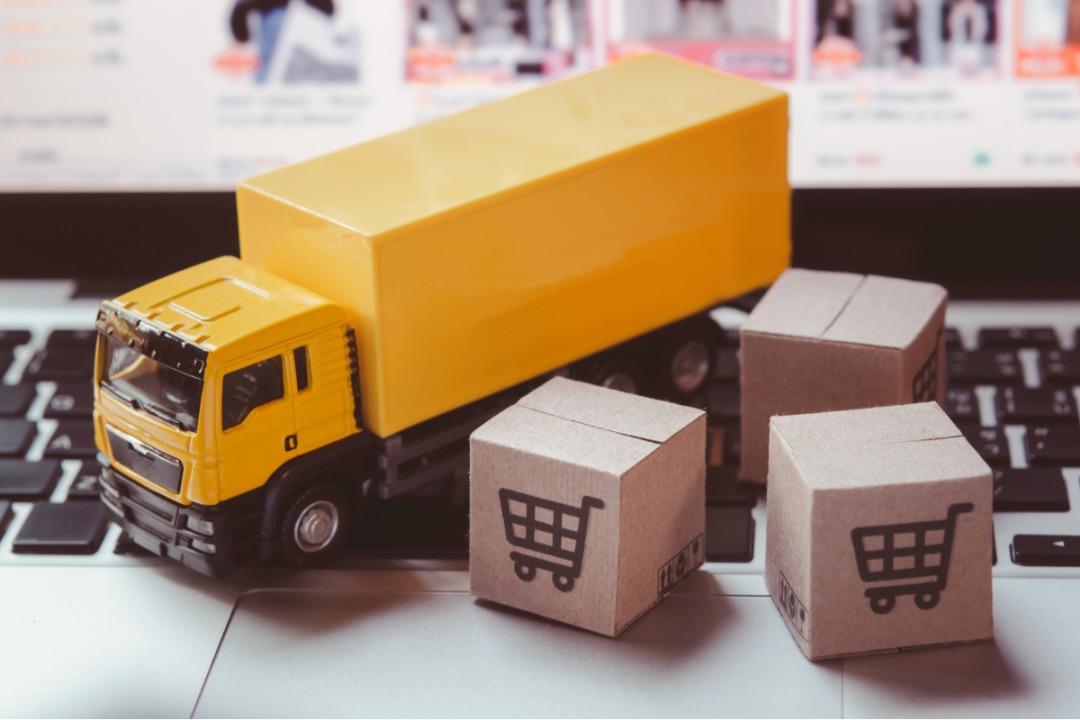
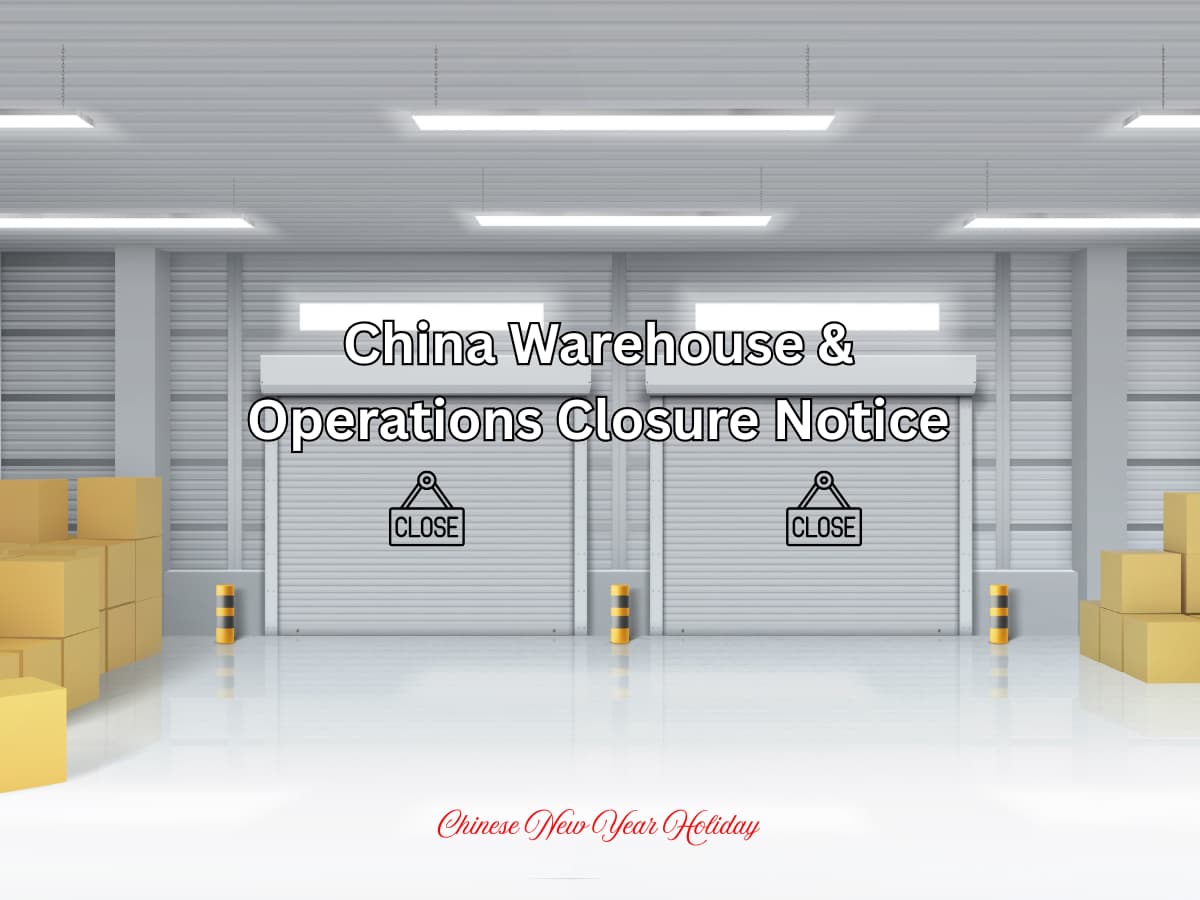
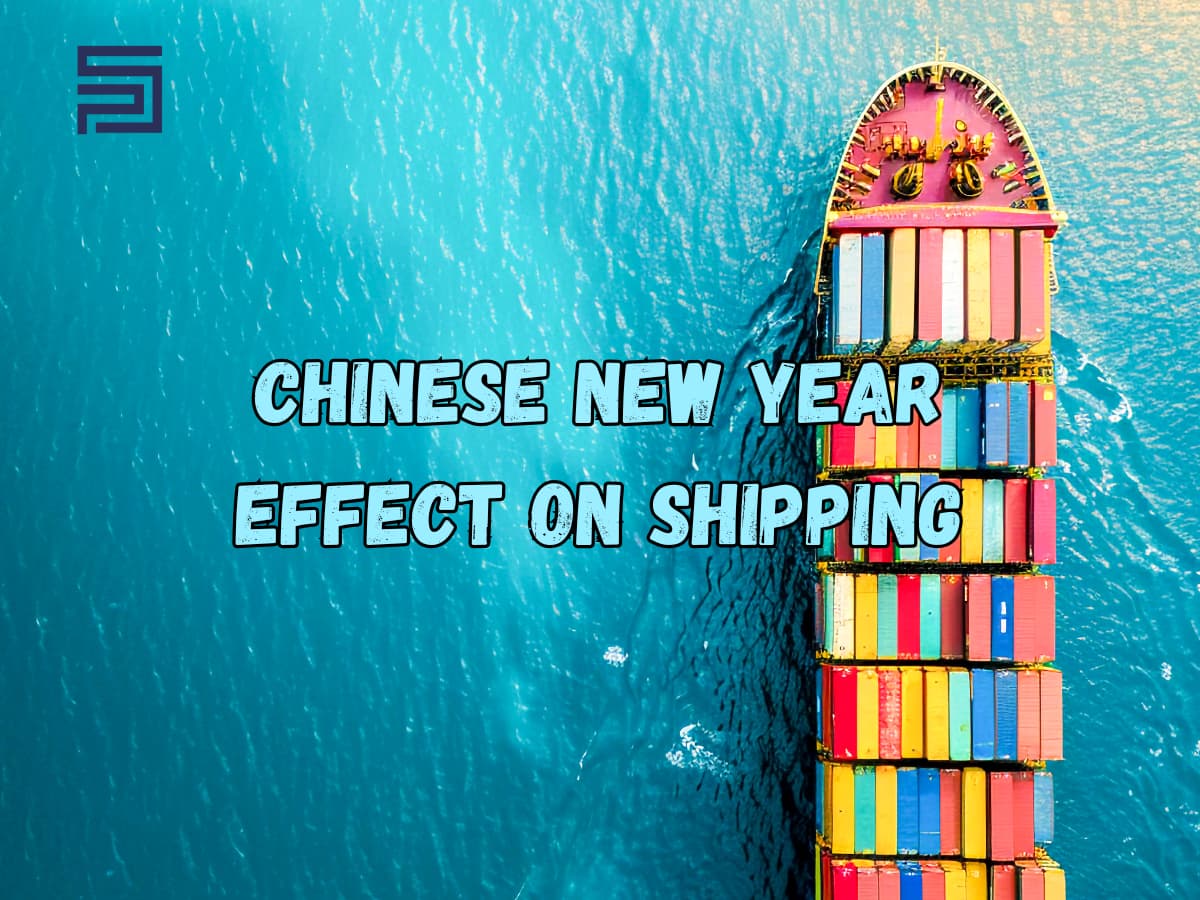
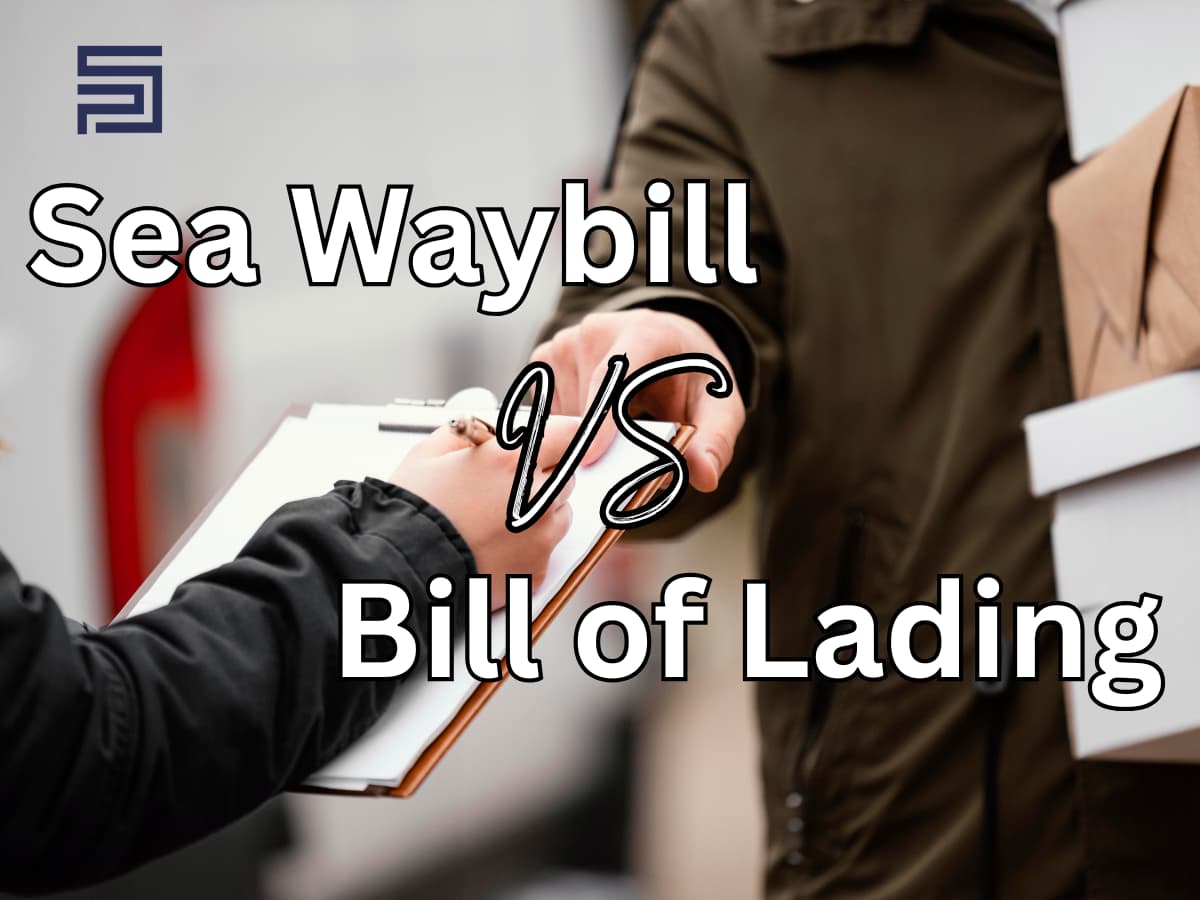
Comments
Please log in to leave a comment.